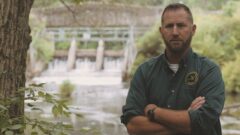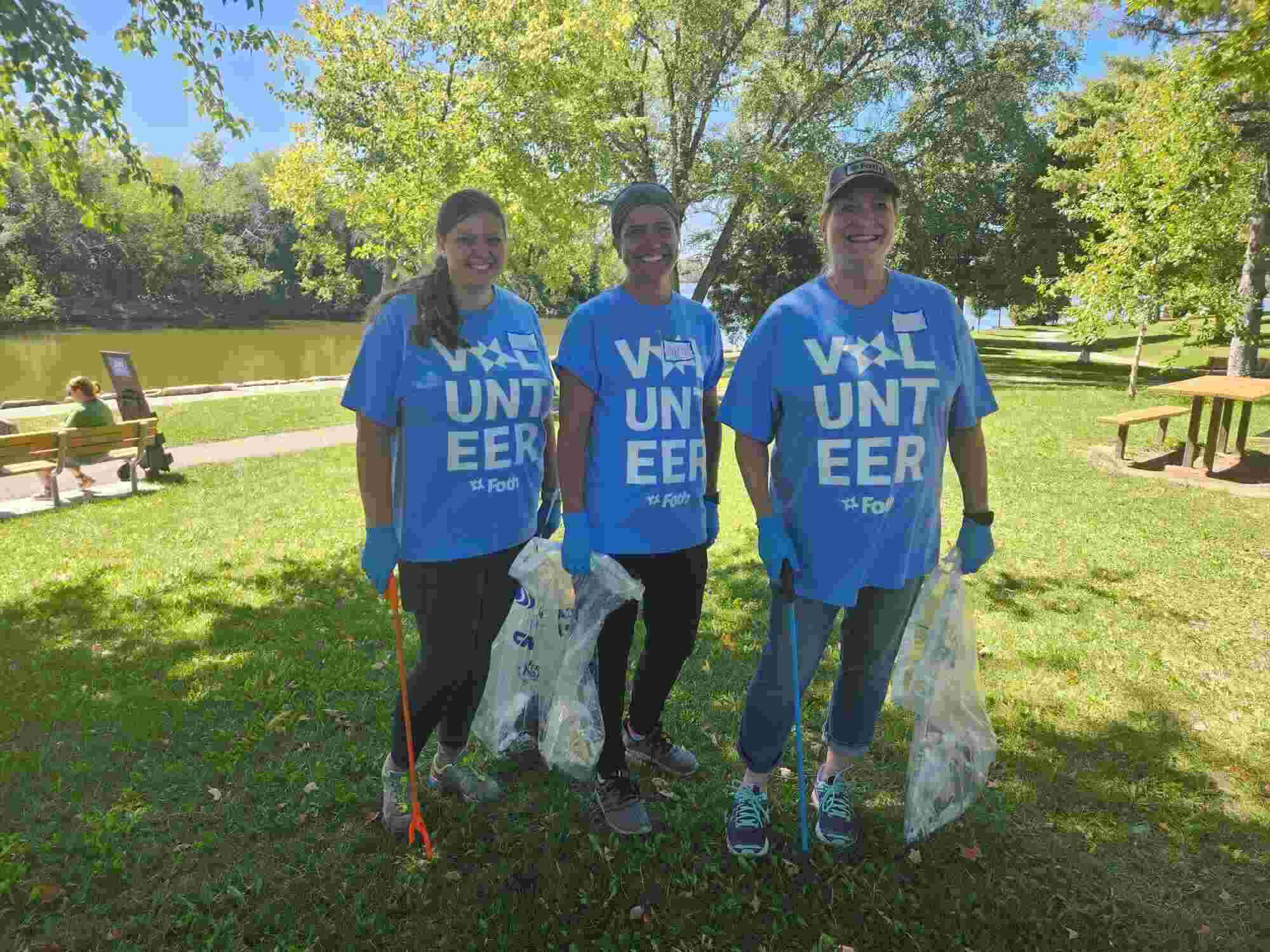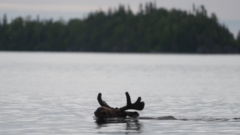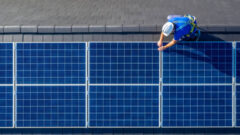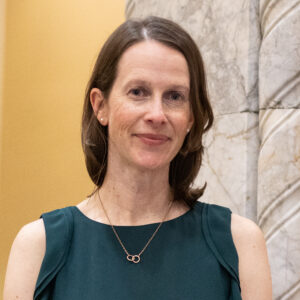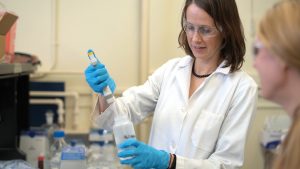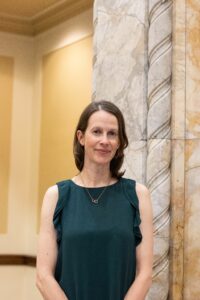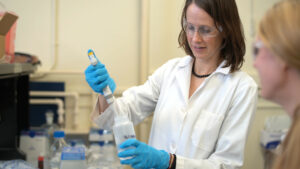Making Sense of Algal Blooms
The next River Talk will be at 6:30 p.m. Wednesday, Nov. 8, with “Making Sense of Algal Blooms in the St. Louis River Estuary,” an in-person presentation by Euan Reavie with the Natural Resources Research Institute. His talk will be held at the Lake Superior Estuarium (3 Marina Dr., Superior, Wis.). Refreshments will be provided.
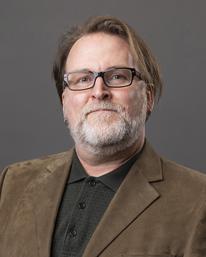
Euan Reavie. Image credit: Natural Resources Research Institute
Reavie will present what’s known so far about the evolving situation with algae and algal blooms in the river and harbor. He’ll also describe plans for a collaborative monitoring strategy with the Lake Superior Reserve to address current and future problems.
For accessibility accommodations related to sound, language and translation, mobility or anything else to make engagement possible, please contact Luciana at 715-399-4085 or Luciana.Ranelli@wisc.edu, as soon as possible.
In an abbreviation of the season, other River Talks will be held in 2024 on March 13 and April 10. For more information, visit the River Talks page: go.wisc.edu/4uz720.
The River Talks are sponsored by the Lake Superior National Estuarine Research Reserve and the Wisconsin Sea Grant Program.
The post Making Sense of Algal Blooms first appeared on Wisconsin Sea Grant.News Releases | Wisconsin Sea Grant
News Releases | Wisconsin Sea Grant
https://www.seagrant.wisc.edu/news/making-sense-of-algal-blooms/

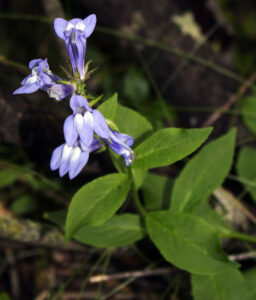
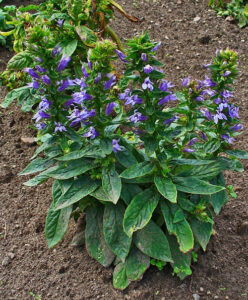
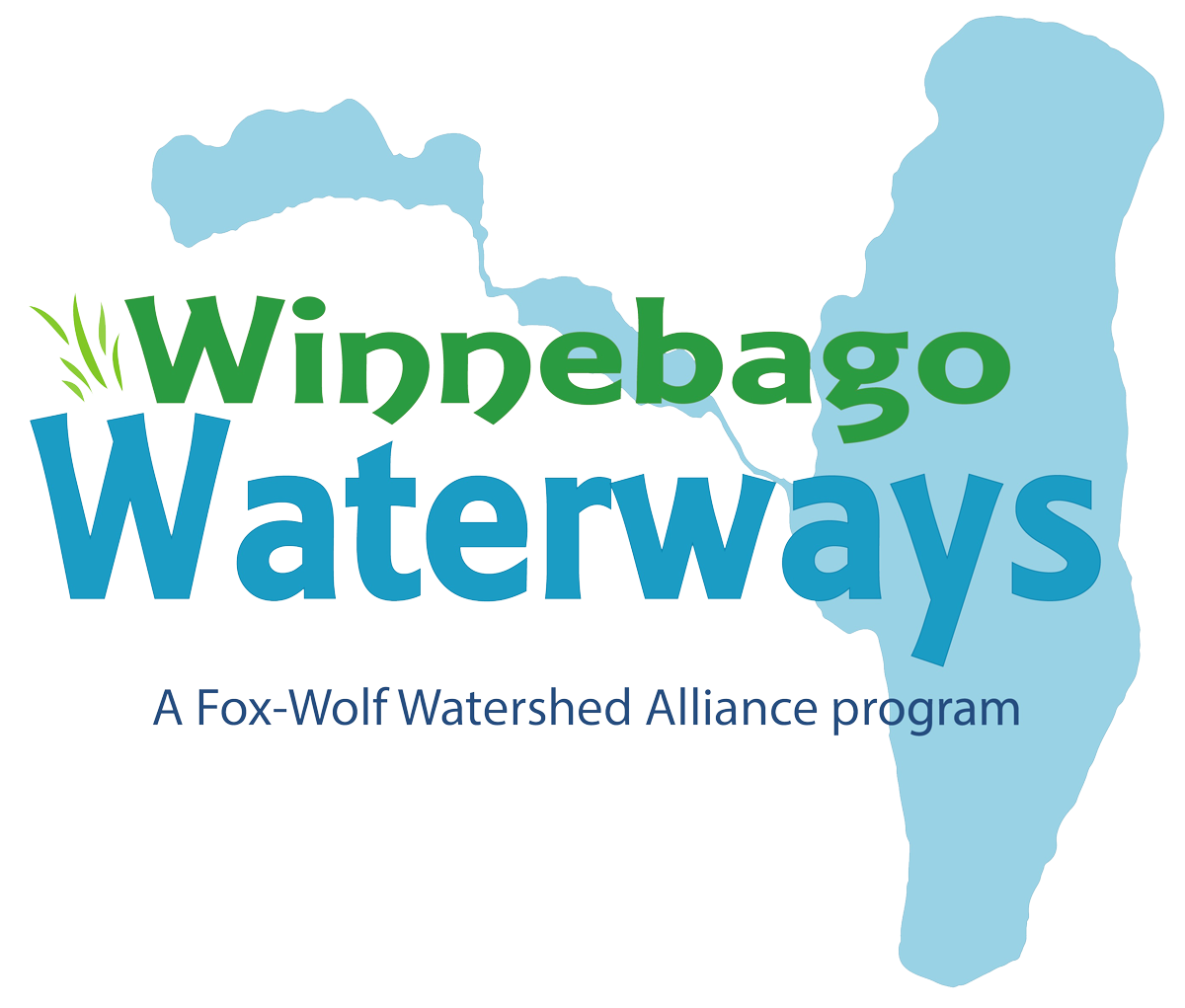

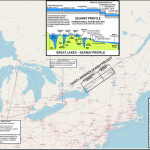
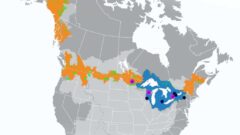
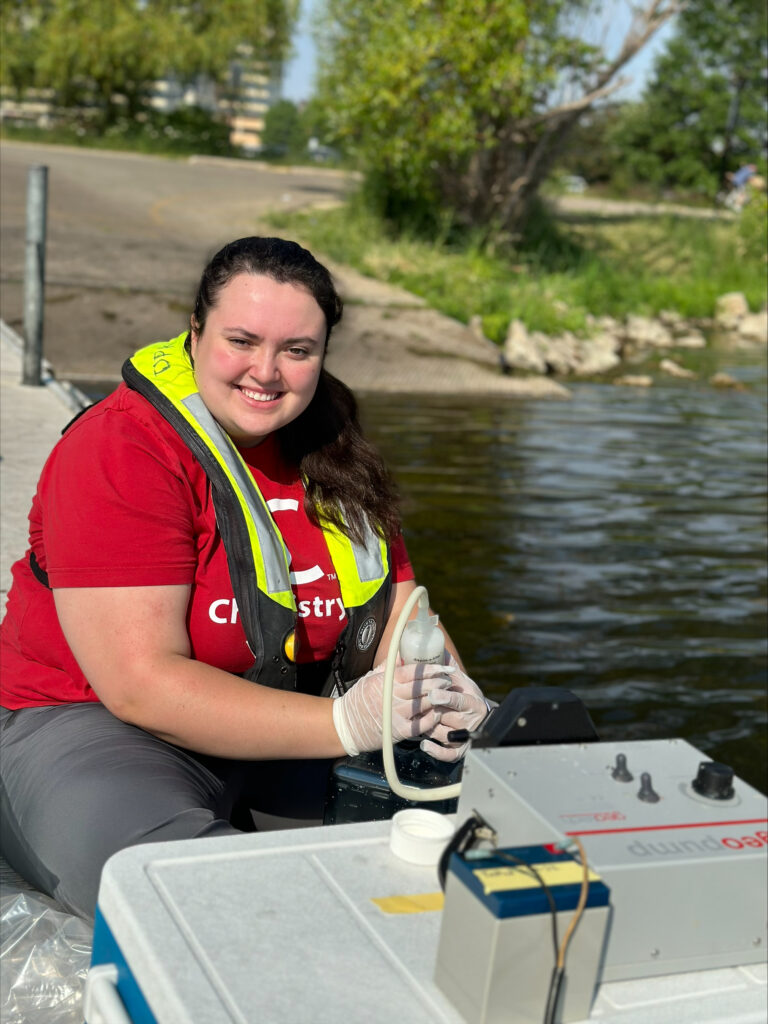
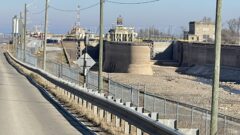
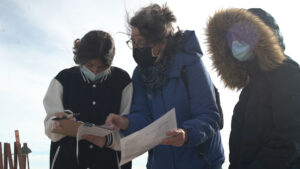
 draws out skills from those students, including their contributions to one of Moser’s favorite projects—
draws out skills from those students, including their contributions to one of Moser’s favorite projects—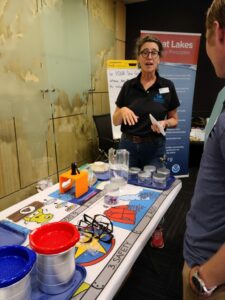
 enrolled in the iSchool. In turn, she draws out skills from those students, including their contributions to one of Moser’s favorite projects—
enrolled in the iSchool. In turn, she draws out skills from those students, including their contributions to one of Moser’s favorite projects—